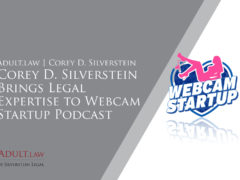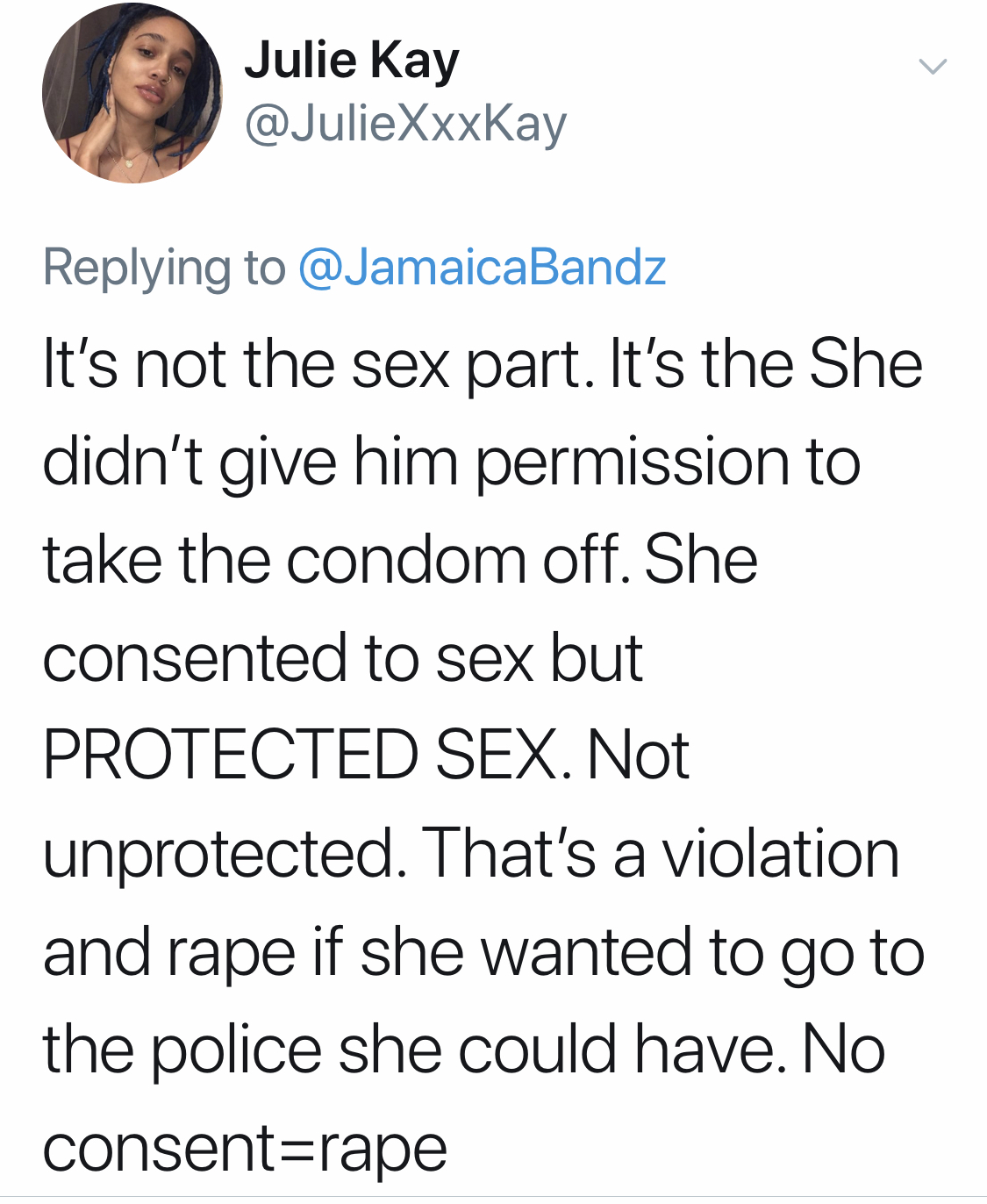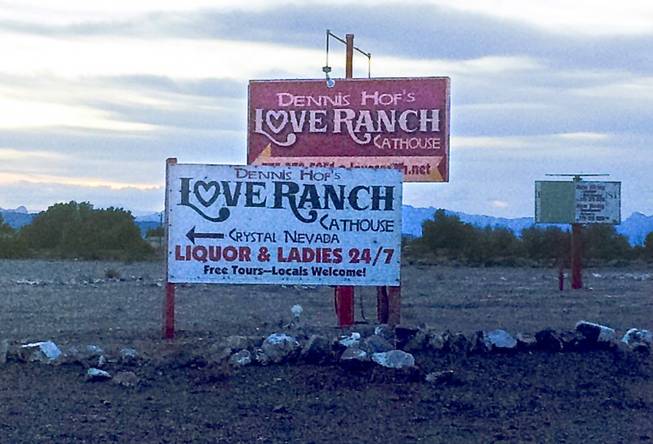NL-This is an article about the 2257 regs. Very interesting. There are several links in the original article. If you want more info please go to their site, XXXLaw.com http://www.xxxlaw.com/articles/DOJ_Regs_On_the_Table.html
All Of the Regulations Are On The Table . . .
Write to DOJ NOW!
By J. D. Obenberger, Attorney at Law
© MMXII J. D. Obenberger, All Rights Reserved
On March 27, 2012, the Department of Justice publishes its NOTICE – because it must under federal law – calling for public/industry comment on the regulatory burden of its Section 2257 data collection regulations. They say that the focus is on simulations and erotic nudity, but they’ve opened the door to a re-examination of all the records creation, indexing, and retention.
Perhaps the best evidence I’ve ever seen that the Department of Justice has no idea of the scope of what it’s purporting to regulate under Section 2257 is its heavily-qualified estimate, published in the Federal Register on Monday, March 27, 2012, that only about 1,974 businesses are affected by the requirements of Section 2257. They get this in a tortured path of bad logic and wild guesses based on five year old census data described below in this article. They figure that since they received about 865 Certification Letters under the Section 2257A Regulation, it’s only the balance of the producers, looking like only a few hundred people/businesses in the country, who need to comply with Section 2257’s onerous obligations.
Then, they estimate that it only takes six minutes per video to comply with Section 2257.
Here are the methodological flaws:
a) They start with five-year-old 2007 US Census data suggesting that there are 11,974 establishments in the country that are engaged in making video. The they make a "rough assumption" that about 10% of them make sexually explicit content. ["Rough Assumption" seems to mean a rectal penetration of this Industry without lube, in this writer’s humble estimation, something that is rough indeed.]
COUNTERPOINT: The Adult Internet is a phenomenon that largely started in the kitchens, basement rec rooms, and living rooms of tens of thousands of entrepeneurial people with day jobs, and any casual reading of articles in the mainstream press that explain how this industry started – and grew independently of the existing porn industry in The Valley – would tend to establish that. I am sure that the FBI has examined into the origin of this Industry ten ways from Sunday looking for a non-existent Organized Crime connection, has figured out its grass-roots origins by now, and inasmuch as the FBI is a part of the DOJ, it would be easy for the Regulators to figure out that a HUGE chunk of this industry, and the people subject to the Regulations, are people who work day jobs and are unlikely to have ever show up in US Census data as professional pornographers. And what does the size of this industry in 2007 have to do with 2012, anyway? They should know that each two years in this industry is virtually its re-creation from the ground up in terms of its economy, tools, and vehicles. The rest of the world knows that!
SECOND COUNTERPOINT: People who create websites from existing material are covered as Secondary Producers. None of these people could honestly relate to the US Census that they are involved in "motion picture video and creation". So they don’t exist on the radar of DOJ. Congress went to great lengths to rein these people in after the Sundance Case by the enactment of the "Protect Act" in March, 2003, nine years ago. It is nothing short of amazing and incomprehensible to me that now, in the eyes of DOJ, these folks don’t even exist, and the economic/manpower burdens imposed upon them with the threat of five years in prison do not even count. Secondary Producers simply are not taken into consideration in this analysis! An analysis that does not take the numerically dominant segment of the covered persons into account cannot possibly lead to anything like an accurate result.
THIRD COUNTERPOINT: Ten Percent? Have they at DOJ any idea the scope of this Industry? Do they imagine that the many millions of websites online were created by only 2,000 people? Do they even know about camgirls? (They sure didn’t care about their safety for a decade in requiring them to post their home addresses on Notices – one of those regulators having asking me to my face why I supposed DOJ cared about the safety of these performers.) I just did a Google search for "Section 2257 Notice". TWENTY-THREE MILLION FOUR HUNDRED THOUSAND hits were the result. Damn, those 1,974 people subject to regulation under Section 2257 must have been busy!
FOURTH COUNTERPOINT: Still photography would not get anyone into the US Census data for video creation and production. They just don’t count over at DOJ, either. Look, I don’t easily come to the conclusion that anyone is dishonest in any particular case, especially not GS employees working for a salary. But this is not rocket science, and I can’t imagine that it never dawned on The Regulators that searching 2007 Census data for video creators and producers would leave covered still photographers uncounted. They are obviously covered. Hell, the Preamble of DOJ’s last Promulgation of the new regulations effective in January, 2009 told us explicitly that even photographs that showed the "pubic area" in a lascivious fashion, clothed or not, would be covered. They twice cited the evil and tortured decision in United States v. Knox to establish that point. So, these issues count (in their estimation) in putting people in jail – but not in computing the economic burden of compliance on these same people? Wh\y should they wonder why this Industry concludes that this regulatory scheme is just a trap to lock up honest people in a way that avoids the constitutional defenses available in an obscenity prosecution?
FIFTH COUNTERPOINT: When they last promulgated their Regulations in December, 2008, they articulated an intent only to regulate material intended for commerce or trade. Yes, they did. Why? They did so in the immediate wake of a decision (now vacated after the promulgation of those regulations) that invalidated the scheme because it violated the privacy rights of private couples in making their own videos in their own homes. But more recently, after winning that case in an en banc review, in January 2012 they began to tell a somewhat more revised truth about this disingenuous language in the Preamble. Standing before the Third Circuit during oral argument in the Philadelphia Case brought by Free Speech Coalition, the DOJ advocate told the three judges that, despite the Preamble’s language about supposed exemption when this noncommercial, nontrade intent when the video was made, the only time when Section 2257 obligations can actually be satisfied, this woman advocating for the DOJ’s regulations told the Third Circuit Court of Appeals that, the minute the video leaves the door, it is subject to regulation. Without any regard for the intention that the video was originally made. Perhaps years after it was made. So, there is one ad-hoc statement made for for the presumed benefit of one panel of judges in the Sixth Circuit in 2008, but another voice of DOJ told a different and more candid truth before the Third Circuit on January 11, 2012. They are trying to have it both ways with interpretations that seeming shift with the prevailing wind. People actually do rely on these interpretations because violation of the law can put people in prison. The bottom line is that the regulations do potentially apply to millions upon millions of people who are not in business at all! These millions of people and their cost of compliance, is not taken into account at all. How is a private, noncommercial participant in a noncommercial webcam chat to comply? Are they to buy (nonexistent) programs to stream 2257 notices? Are they covered or not when it leaves their bedrooms? And, of course, since none of the private couples making erotic nude images keep employment records, none of them are even eligible for certification. I anticipate that DOJ will say this is all insignificant in numbers. Yeah, right! Many states have gone to the trouble of amending their child pornography statutes because the practice is so widespread and no one wants to put an entire generation on a lifetime sex offender registry list. Under the most recent interpretation, before the Third Circuit, they are all covered once the stream leaves their "front door".
SIXTH COUNTERPOINT: Has anyone at DOJ factored in the costs of Third Party nonemployee record keeper services?
b) They estimate that it only takes six minutes to comply with the obligations of Section 2257. How they figured this is anyone’s guess, but whoever wrote this either never asked the guys at the FBI what they know about the time involved in compliance, which surely they learned during the Inspections that have taken place and from their monitoring of the adult boards and the seminar presentations at adult shows, or they simply ignored what they institutionally know. It’s this kind of dishonesty that perpetuates the mistrust that this Industry has for the actual intent of the Regulators. They are off by a factor of ten when all of the actual time involved in creating forms, getting legal advice, creating a proticol, getting notices online, and maintaining records is aggregated.
c) They make no account of the financial costs of servers, bandwidth, costs of salaries for people to maintain records, the time spent in corrections, migrating data to new sites, the time involved in setting up programs to deal with live, streaming feeds, etc.
As I read the notice, the whole regulatory structure is now on the table. It’s time to write, to create a factual record that can be used later in litigation, both to challenge the regulations directly and as a matter of criminal defense.
Write to Andrew Oosterbahn, the Chief Regulator. Do so before April 25, 2012. Do it like it counts. It does. He is no idiot. Not by miles.
DOJ does not want to be in the position of defending obvious stupidity while they stand before federal judges.
In order to avoid any incaccuracy, the thrust of the densely written Notice is mainly addressed to simulations of sex and images that get regulated like them because they depict the genitals or public area in a lascivious fashion. But here’s why this Notice opens the door to an attack on all of the record keeping: All of these matters are subject to the same exacting standards as hardcore depictions of actual sex under the Regulations associated with Section 2257 unless or until they can be exempted by certification under Section 75.9 of the Regulations; inasmuch as the same regulations apply to all of them, to impose the same obligations, unless the producers can and do take the extra step of certification under that Section 75.9, it opens the door to a critical examination of all of those regulations and their burden, not just those associated with Section 2257A.
Do your Comments count? Were it not for the submission of comments that started the idea, Third Party Custodians would not exist. Reed Lee of my office first suggested that idea in Comments. Before the last revision of the Regulations in 2008, and before Comments I submitted, there was no obligation to maintain any record of the actual date of photography. In other words, there was no way to establish a model’s age on the only significant date that counts for purposes of child pornography. Yes, Comments are read and do lead to changes. Each Comment must be published, and a frank reading of the tables and promulgations on this site shows that DOJ tries to contend with each and every Comment submitted.
These Comments will form potentially valuable ammunition with which to attack the regulations and to defend people charged with violating it. Now is the time to set out the burden of compliance and form a record of the burden.
If you want to write a Comment with some impact that will be hard to ignore – this article is just the tip of the iceberg, obviously – have an attorney help you. Attorneys can write on behalf of anonymous clients, too. This firm would be delighted to write on behalf of clients actually impacted.
Keep updated on this issue at our Facebook page. Feel free to comment there.
This article is written to generally inform the public and does not provide legal advice nor does it establish an attorney-client relationship. If you have a legal issue or question, contact a lawyer. If you are arrested, make no statement and contact a lawyer immediately.
Joe Obenberger is a Chicago Loop lawyer concentrating in the law of free expression and liberty under the United States Constitution, and his firm has represented many owners, employees, and customers of adult-oriented businesses, both online and in the real world. He can be reached in the office at 312 558-6420. His e-mail address is obiwan@execpc.com.










When I first heard about this I thought it was a stupid idea and the way it was handled could’ve lead to a few assaults and/or deaths. Just about anybody could get the personal info on talents.
We’re fortunate that none of them made themselves targets for religious fanatics; the abortion clinic bombers come to mind.